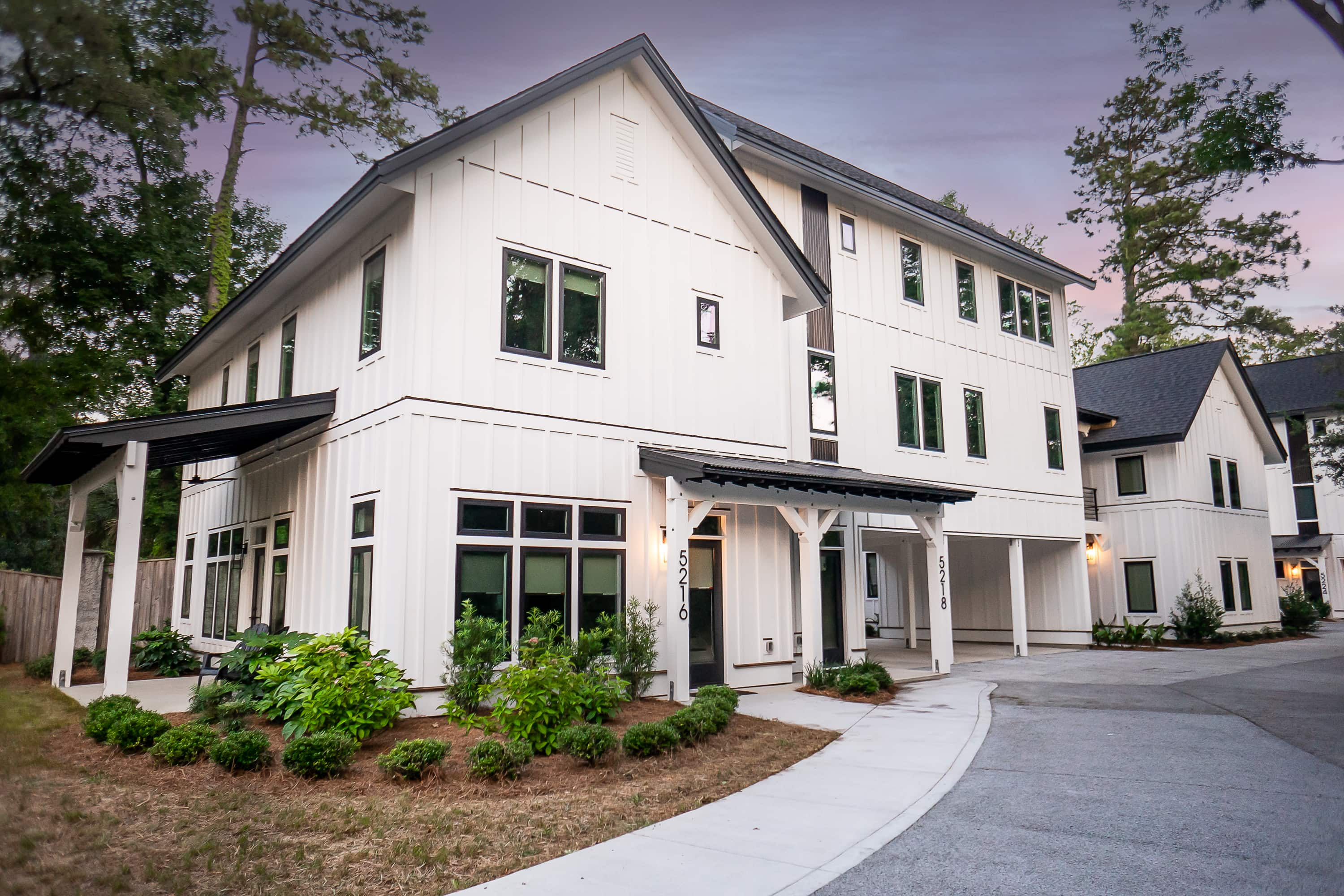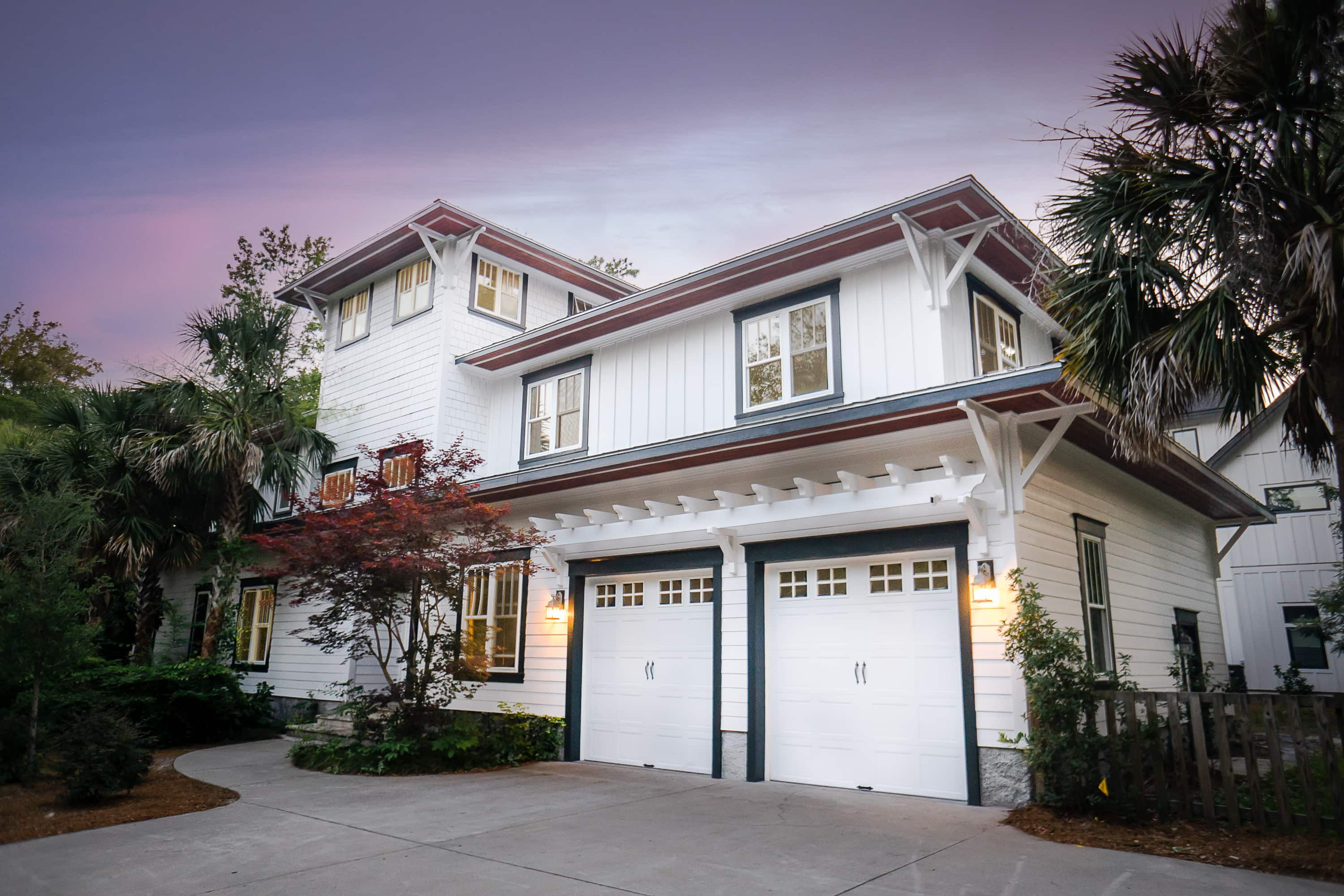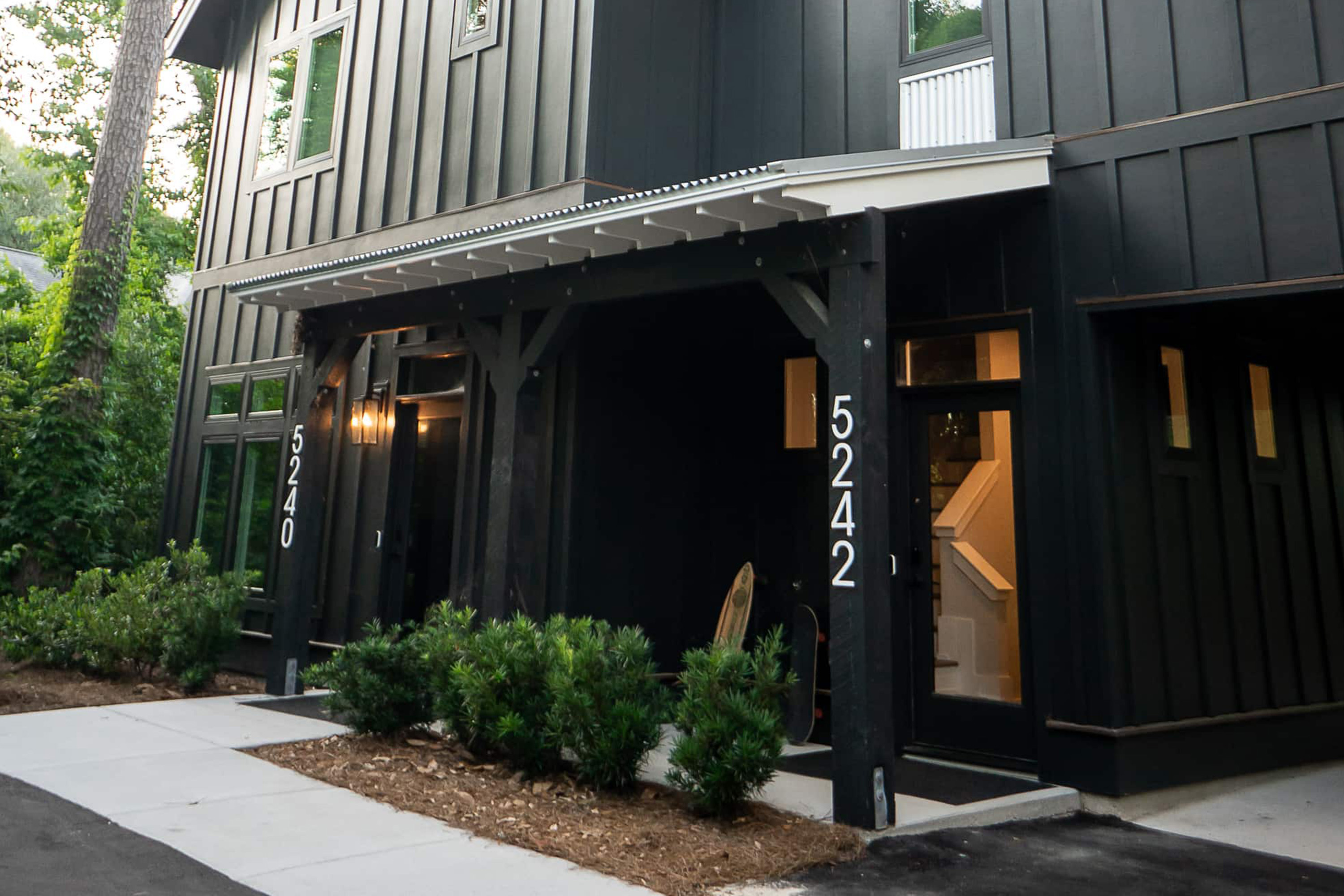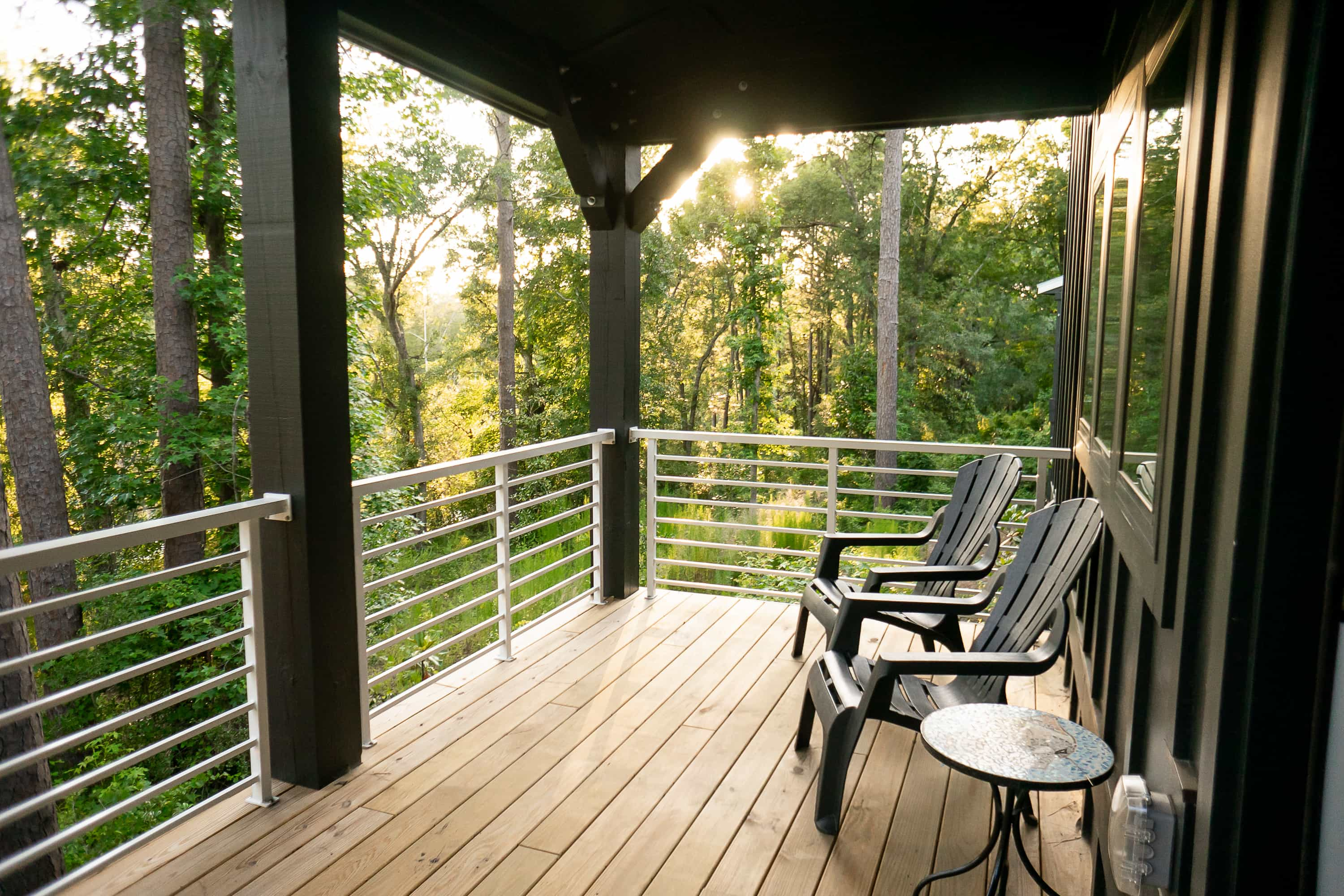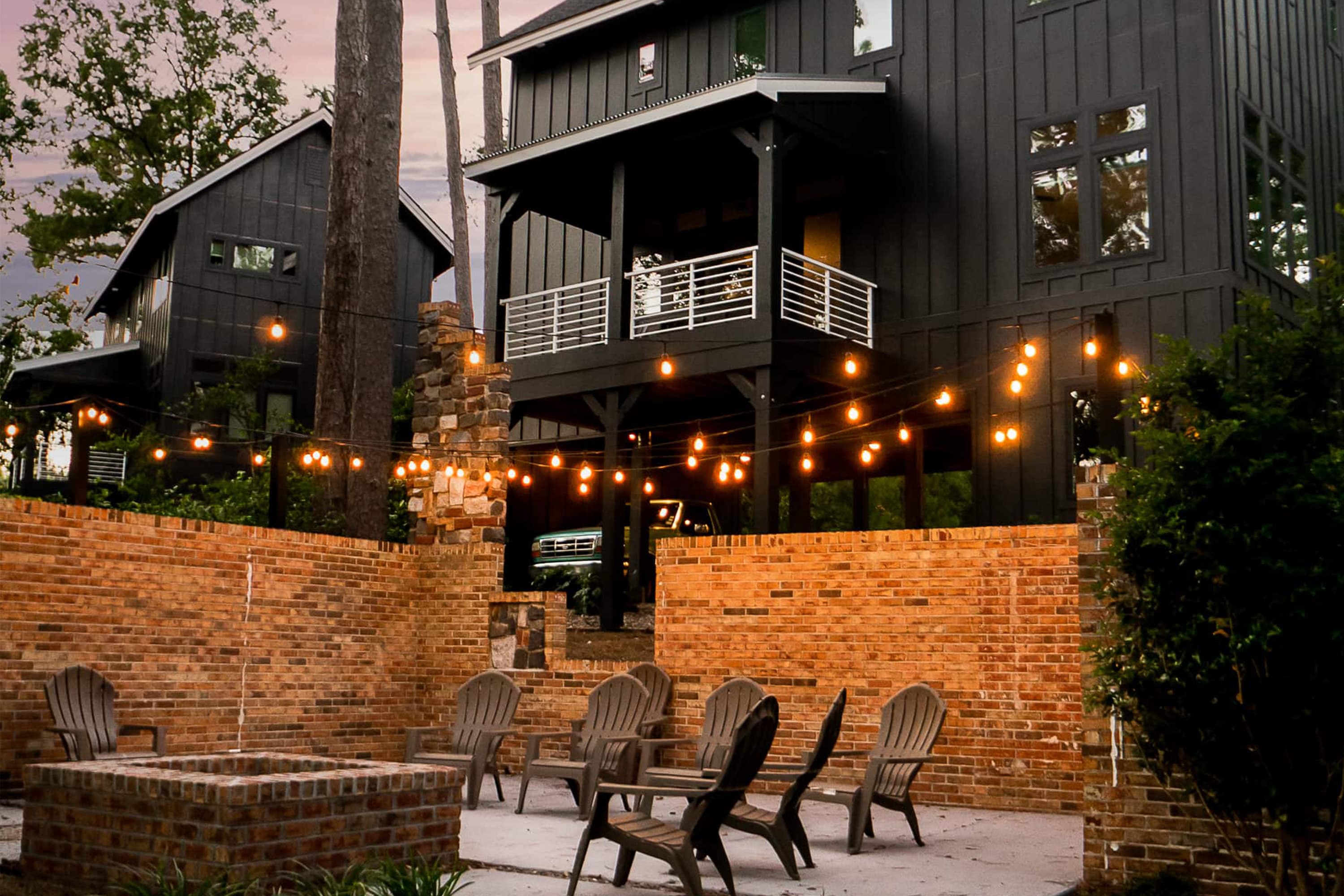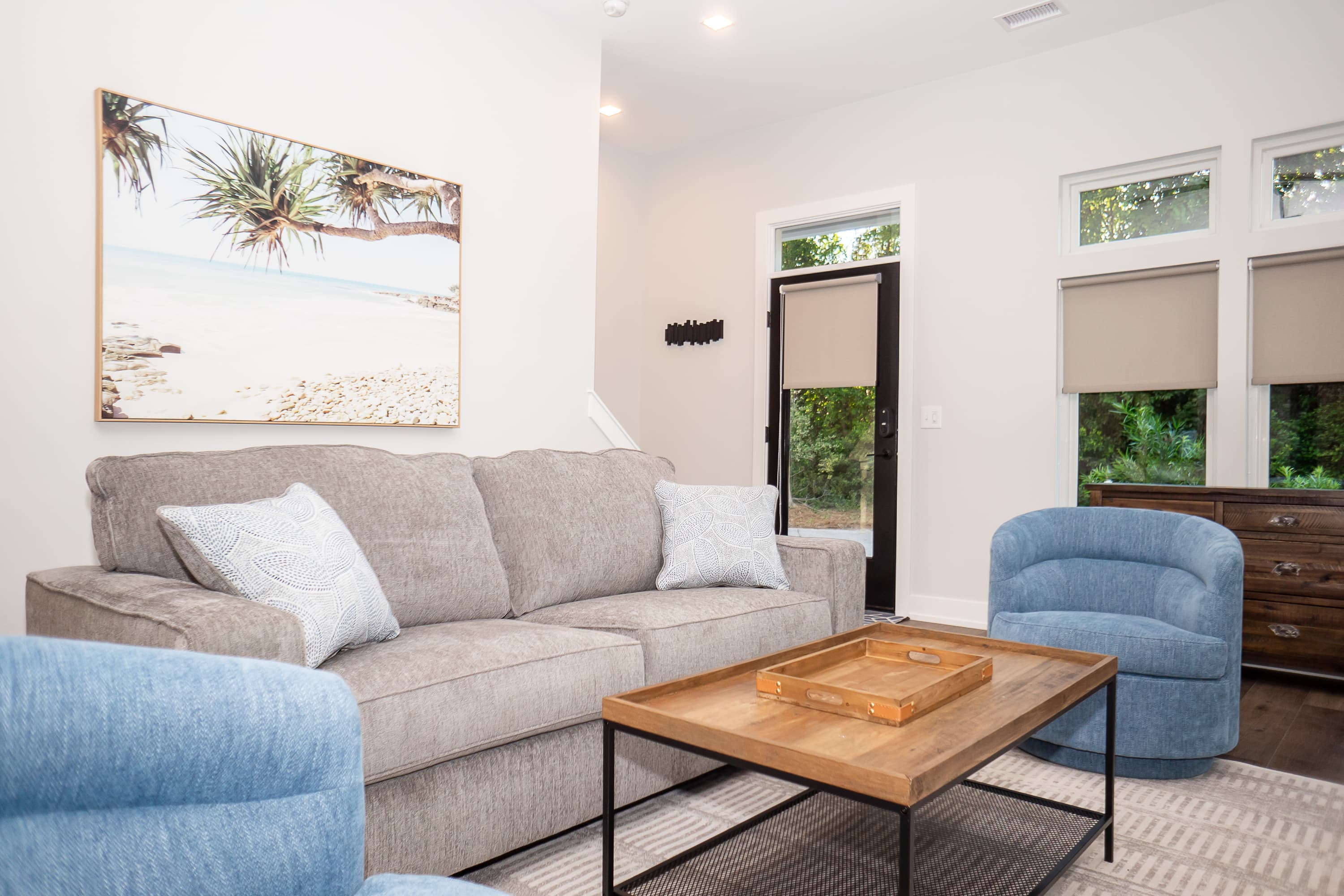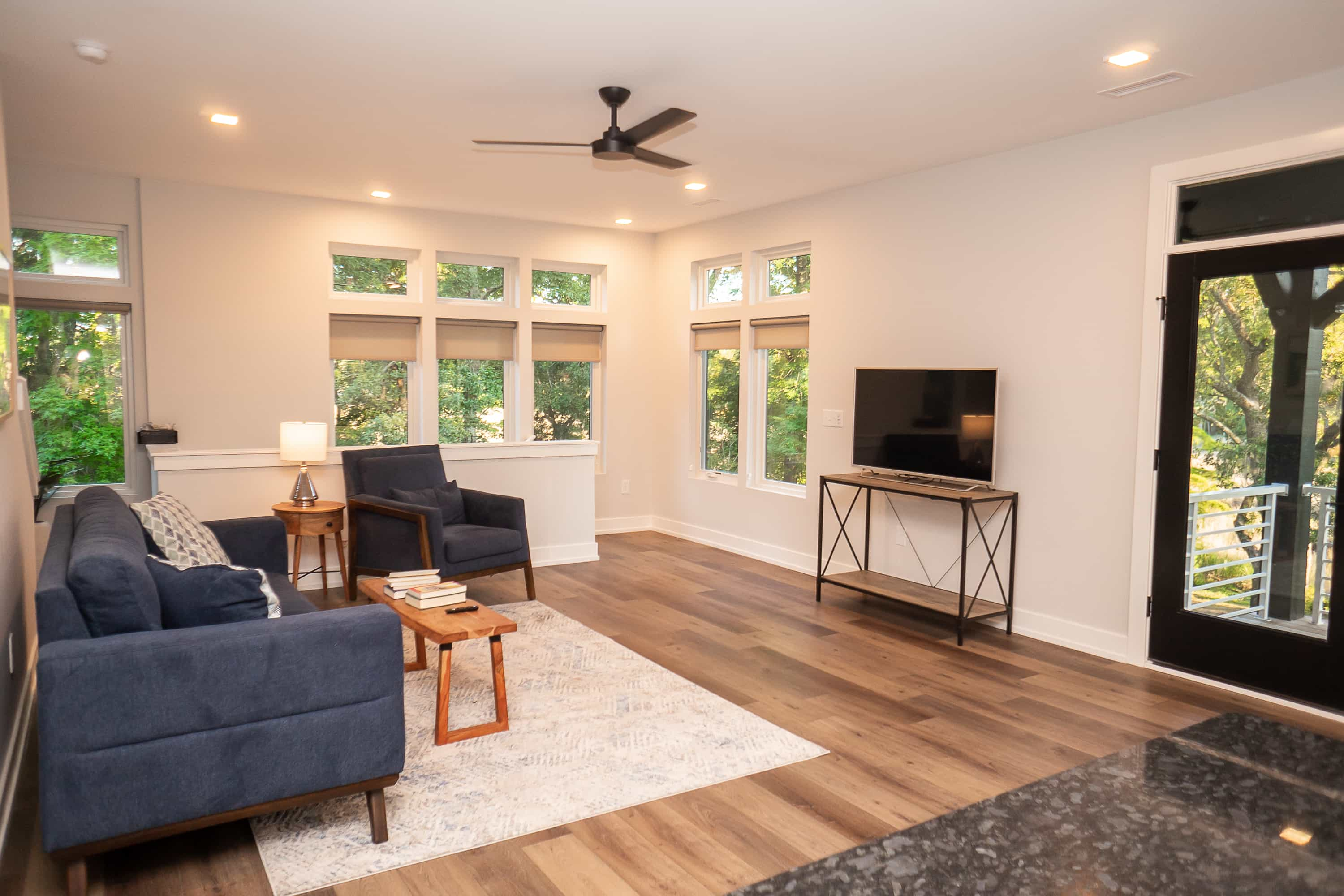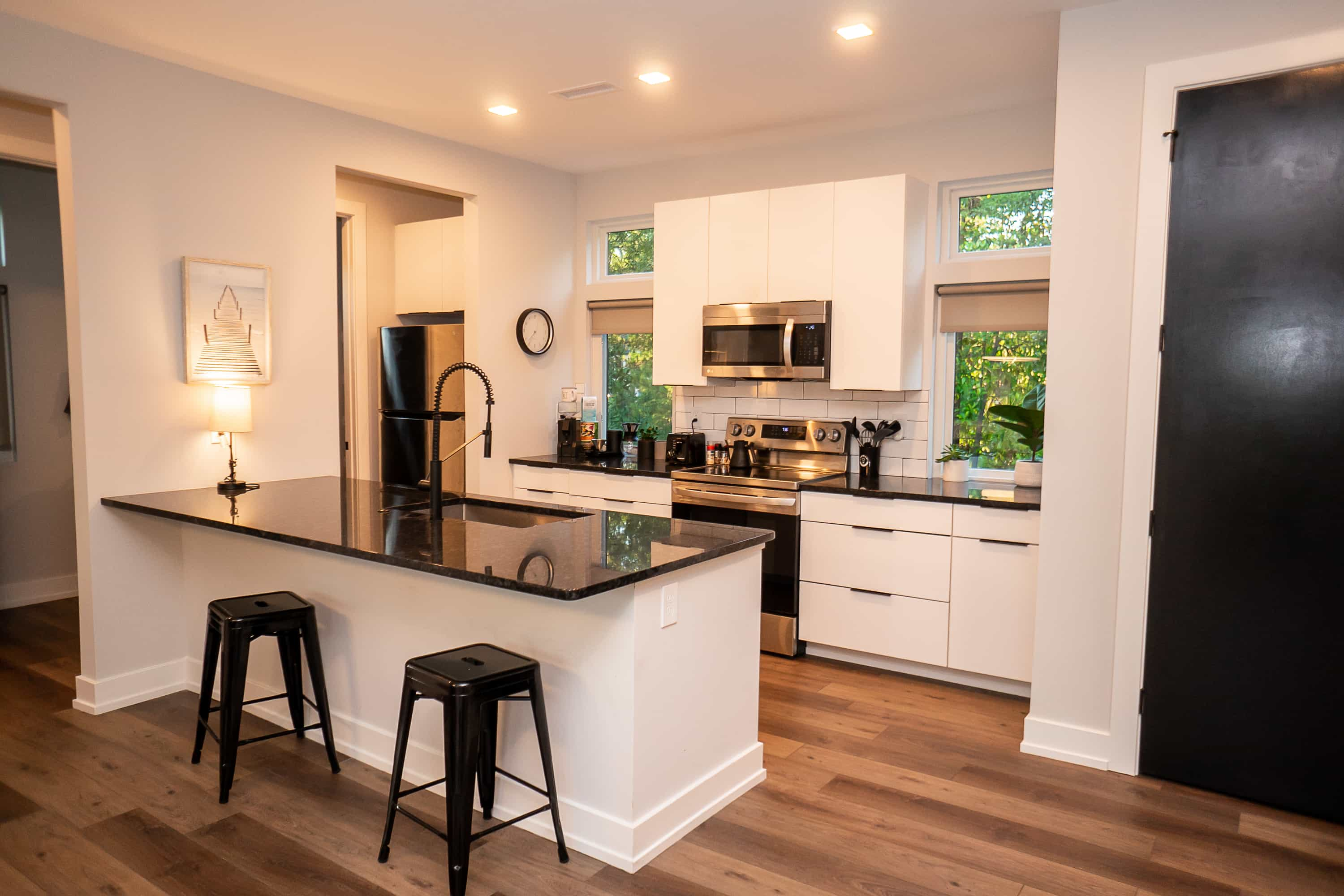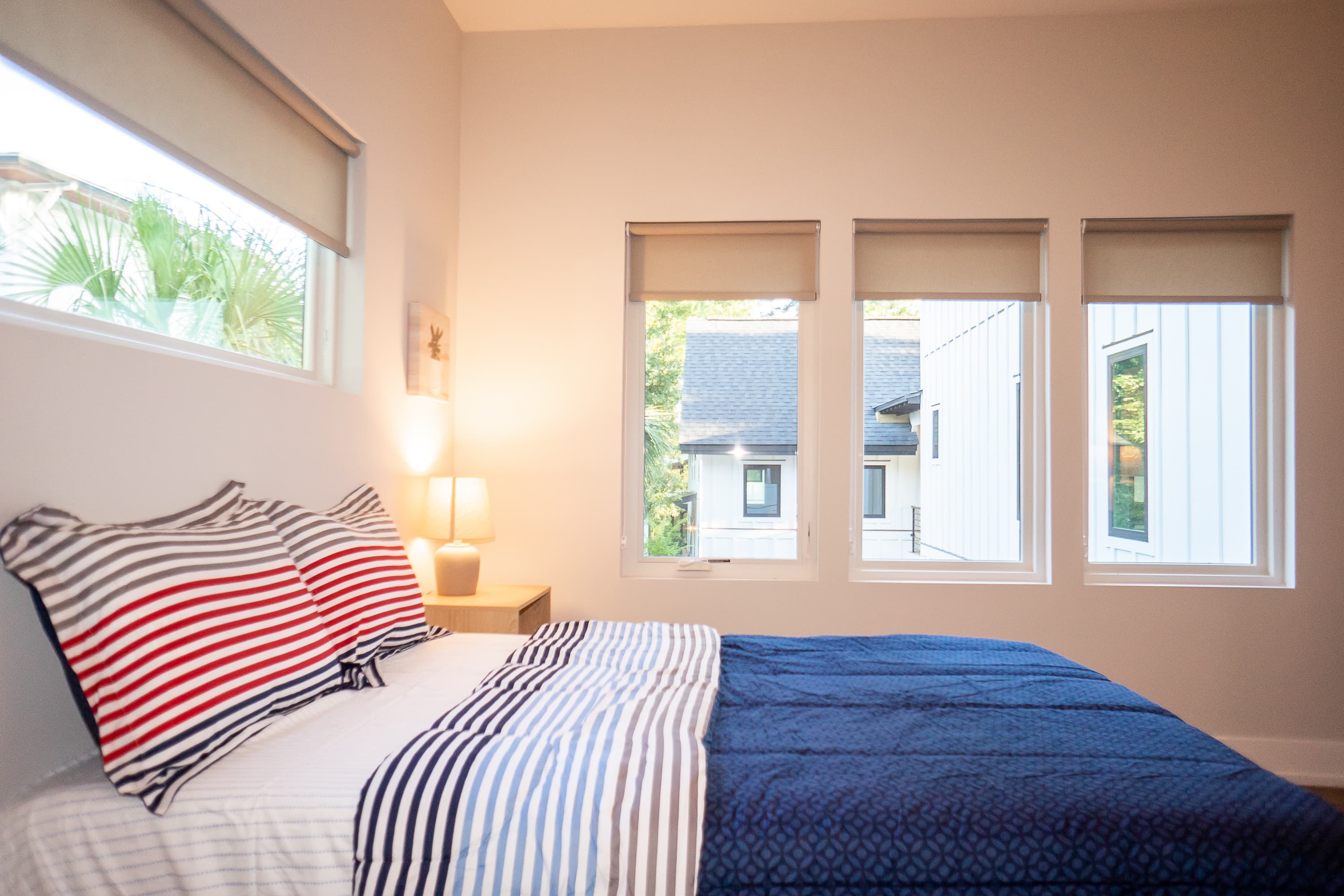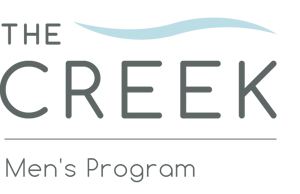Young Adult Addiction Treatment & Mental Health Care for Men
Young men ages 18 to 30 can break the cycle of substance abuse and mental health struggles chart a new course at The Creek by Momentum Recovery. By building meaningful relationships and experiencing the power of a healthy support network, Momentum community members learn how to live a passionate and purposeful life — in recovery.

Treating Addiction & Mental Health
If you want to live a better, happier life, getting clean and sober isn’t enough. True recovery comes when you identify and heal the underlying issues that caused the substance abuse in the first place.
Today, we know that mental health issues often coexist with addiction. (In fact, they’re labeled as “co-occurring disorders” or a “dual diagnosis.”) That’s why Momentum Recovery focuses on treating every client holistically: identifying and healing the underlying trauma and diagnosing and treating any mental health issues. Using a customized mix of therapies, education, and experiential activities, our clinical team helps each community member feel equipped for life free from drugs and alcohol.
What Happens in the Creek Young Men's Addiction Treatment & Mental Health Program?
Momentum community members take advantage of our custom four-phase long-term treatment approach. Throughout each phase on the continuum of care, young men will receive personalized case management, immersion in the local recovery community, family programming, adventure-based therapy, educational support, financial skills development, vocational support, nutritional support, and opportunities for recreation.
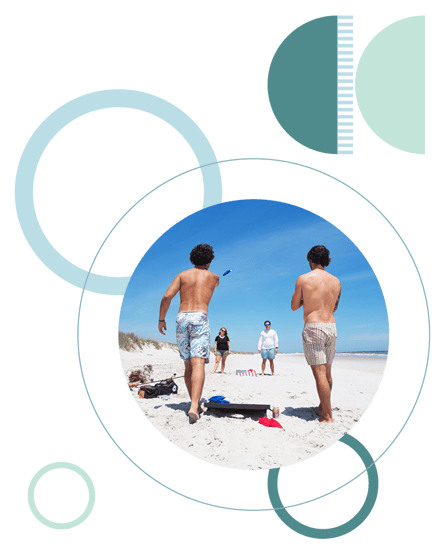

Phase 1: DOCK
Primary Mental Health & Addiction Treatment
During Phase One, community members begin to lay the foundation of a purposeful life in recovery. Living in our comfortable residential addiction treatment housing, members of our Dock program take a step away from their lives and focus on themselves and their new community. During the Dock phase, you or your loved one will spend the majority of the day in dual-diagnosis group therapy, individual therapy, family therapy, or adventure-based therapy activities. Guided by our caring and expert clinicians, our community members begin to uncover and work through the issues contributing toward their addiction and mental health challenges.

Phase 2: ANCHOR
Extended Care
Our Anchor program is similar to an Intensive Outpatient Program (IOP). Here, young men spend half of their day focusing on addiction treatment and mental health care that includes the same group sessions or activities as they did in our Dock program. However, they are given more autonomy outside of treatment hours to practice their new life skills and coping mechanisms as they begin to explore life in recovery.

Phase 3: HARBOR
Sober Living
While completing the Anchor program, our male clients reside in a spacious sober living home in the Wilmington, NC, area. Our property offers private bedrooms and bathrooms, but also features ample community space where the men can continue to build long-lasting, healthy relationships in recovery. Community members can drink their morning coffee while looking out over the large creek nearby, fish, or kayak with their new friends.

Phase 4: COMPASS
Change Management
As our male clients transition to the final phase of care, they begin to venture out on their own — with our support every step of the way. This means living in housing of their choice while continuing to work individually with their therapist and case manager. In Compass, we require our clients to stay involved in the recovery community and encourage them to continue to participate in the experiential activities all levels of care receive to continue growing their support systems and passion for a sober life. The Compass phase includes regular drug testing and other structures to help clients maintain accountability and focus in the critical phase of early recovery.
Adventure-Based Therapy
What does a better, happier life in recovery look like? The Creek’s young adult male program helps clients discover passion for life by introducing them to healthy leisure activities, including:
 Swimming
Swimming
 Surfing
Surfing
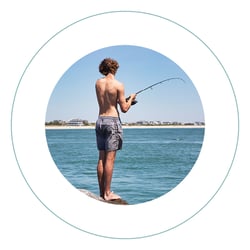 Fly Fishing
Fly Fishing
 Paddle Boarding
Paddle Boarding
 Kayaking
Kayaking
 Softball
Softball
Tour the Men's Facility
